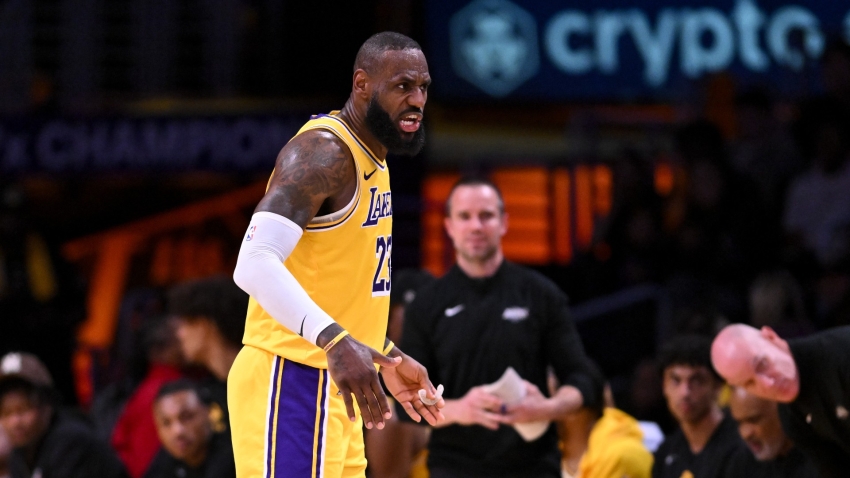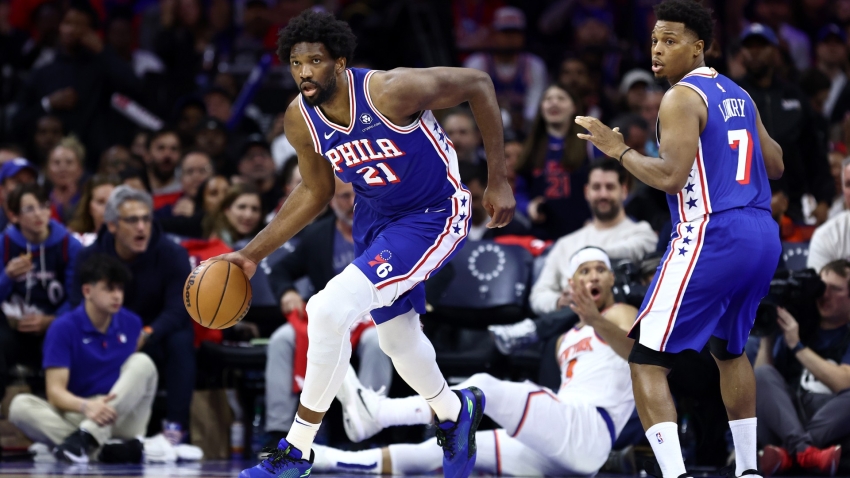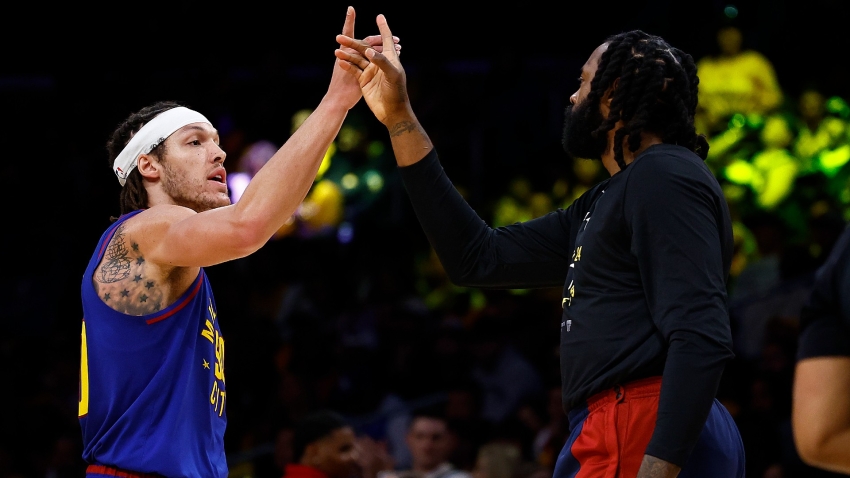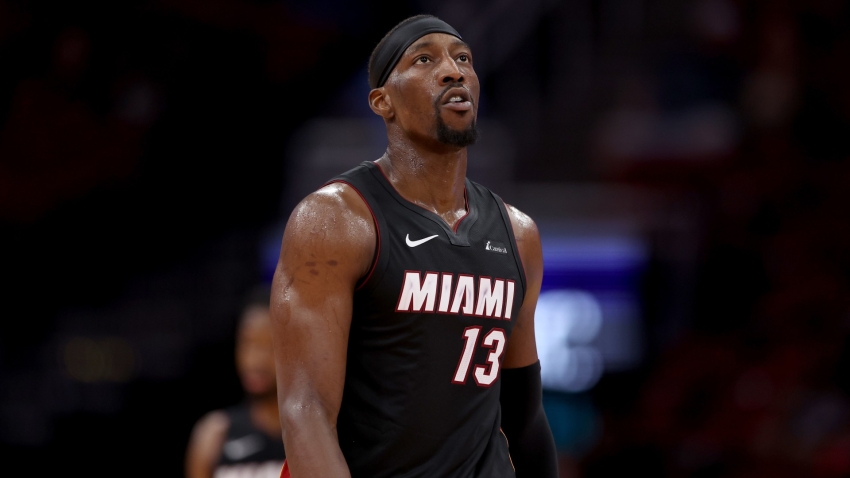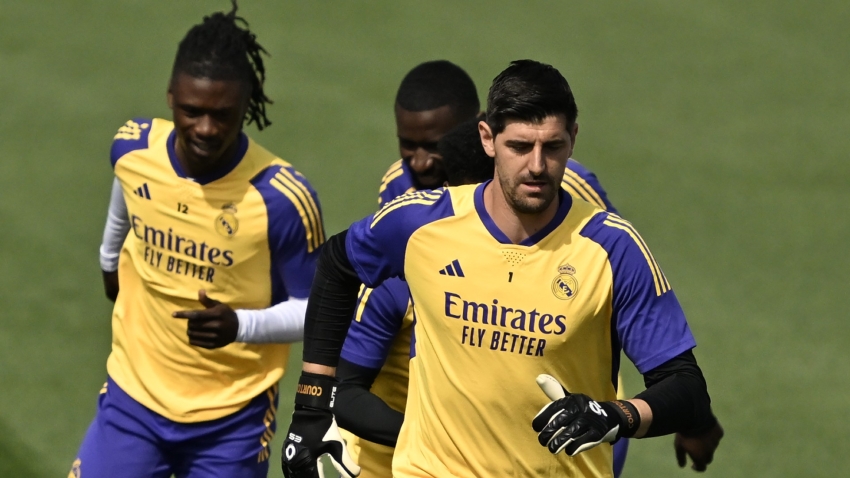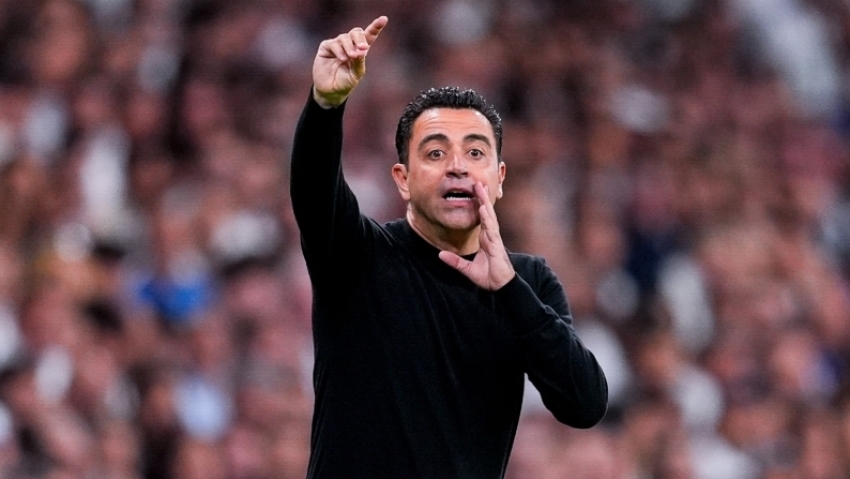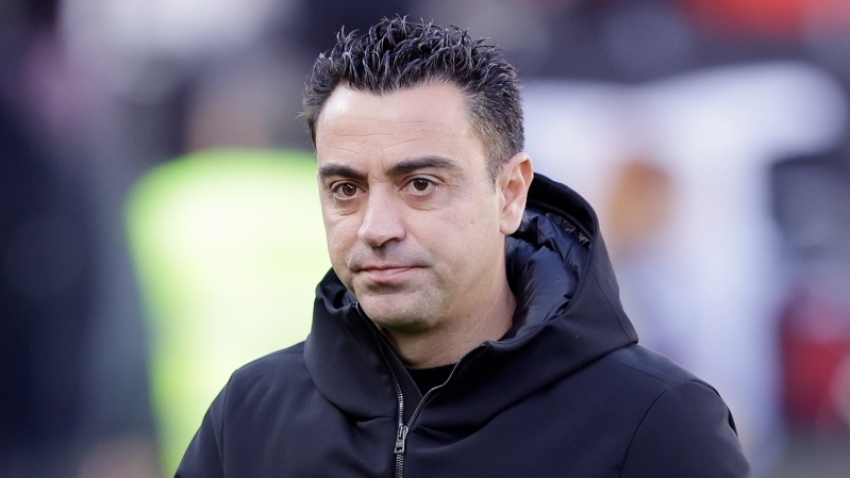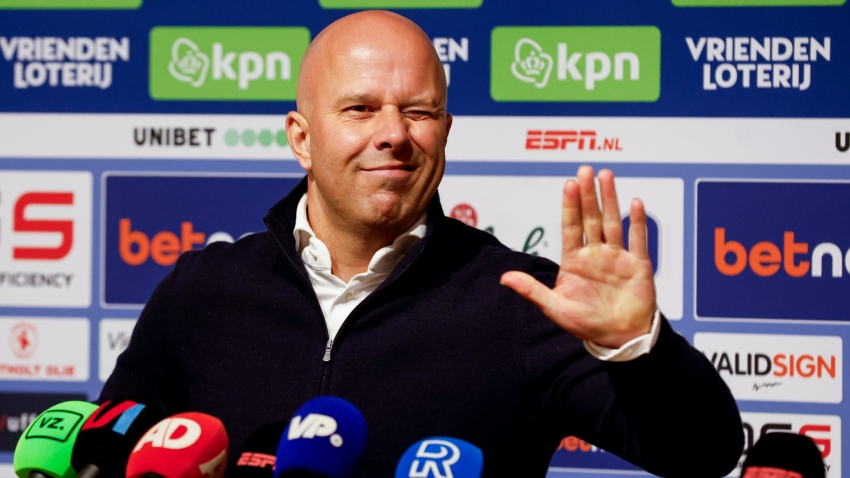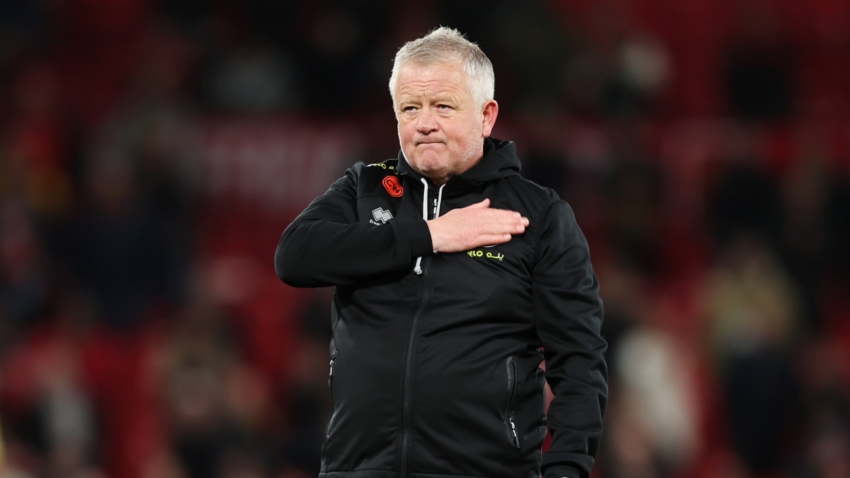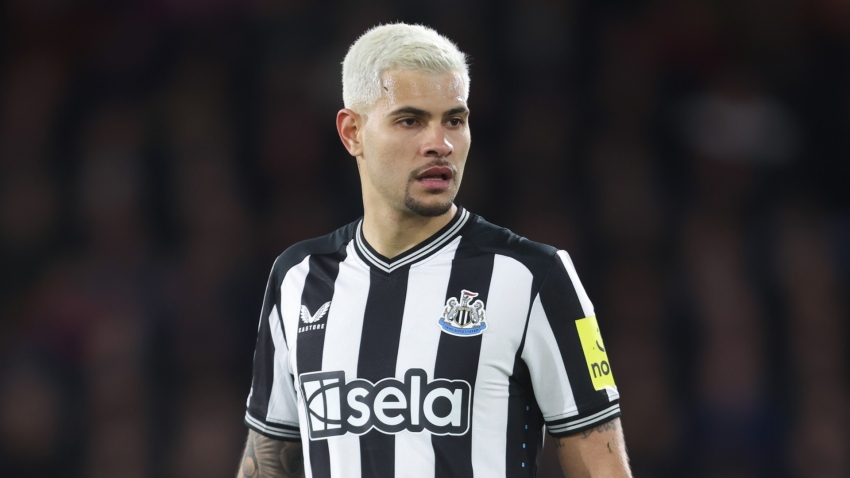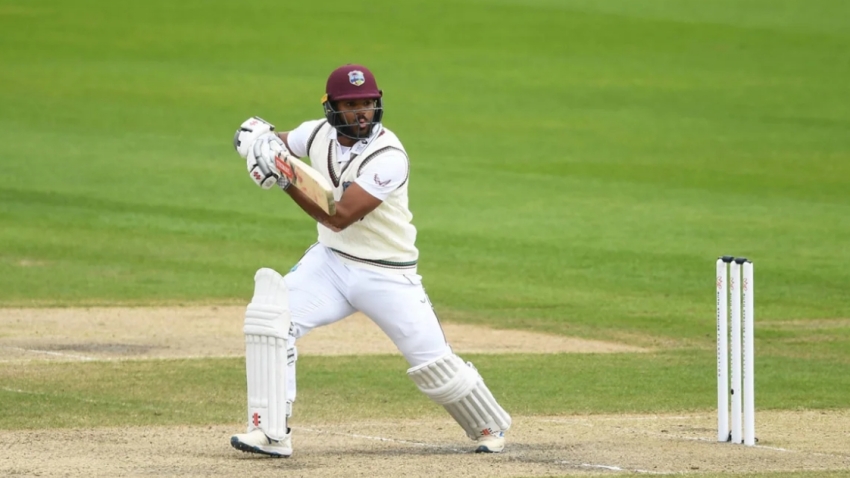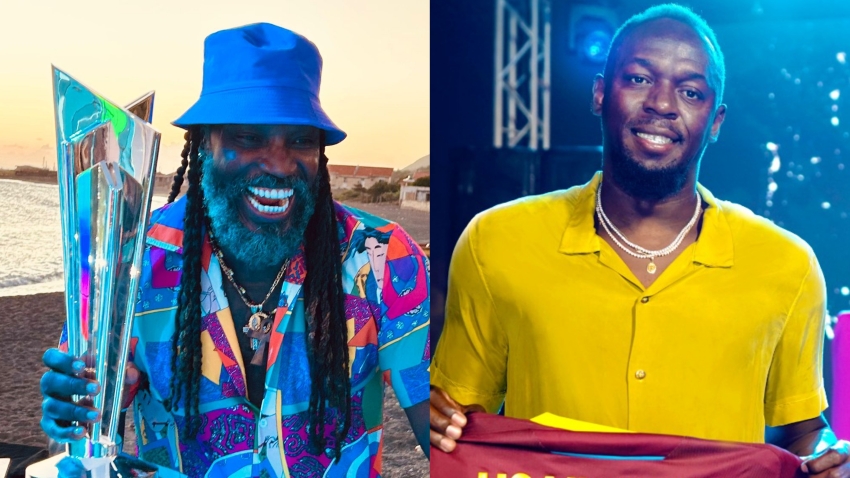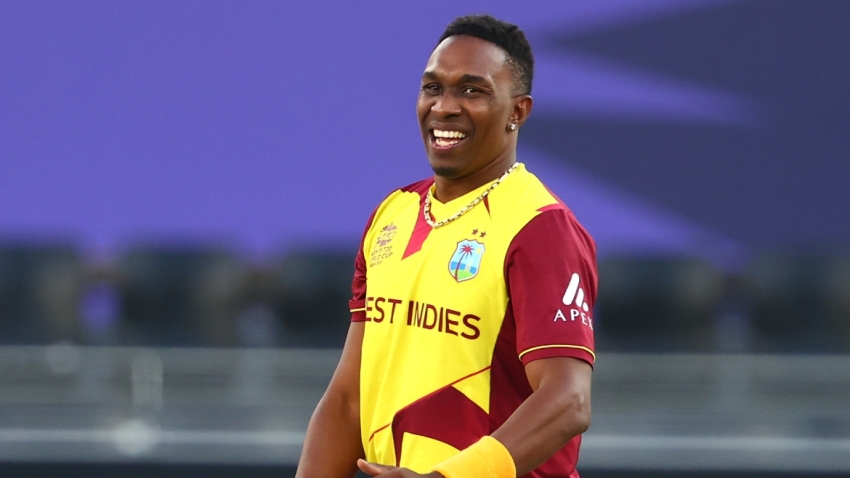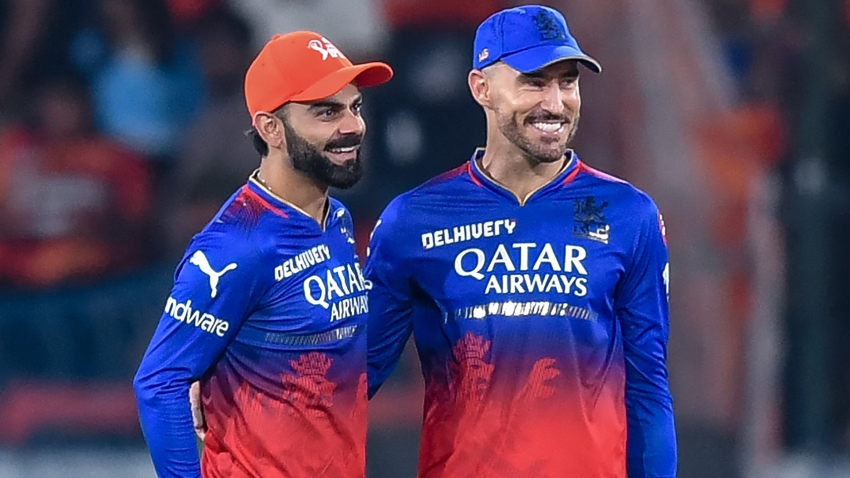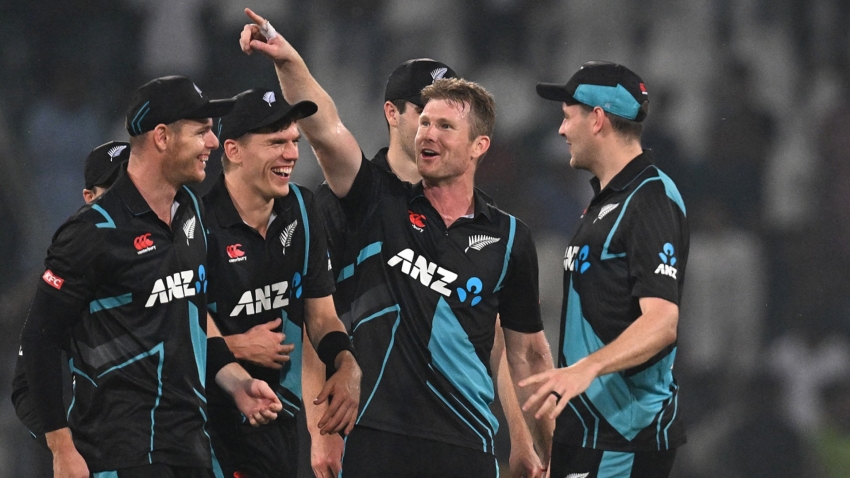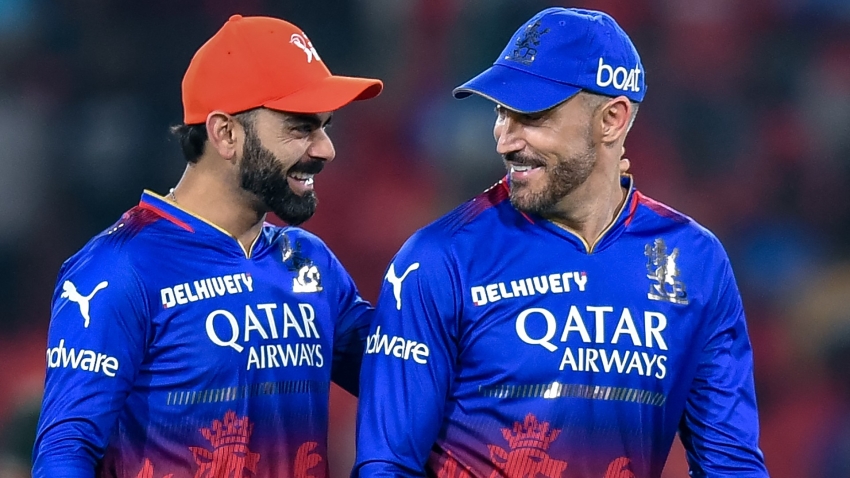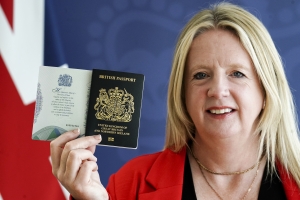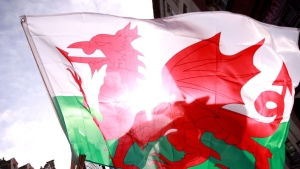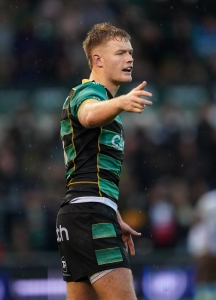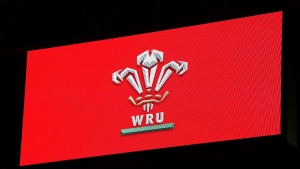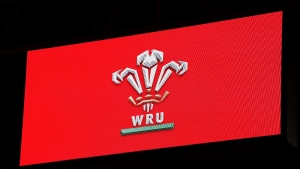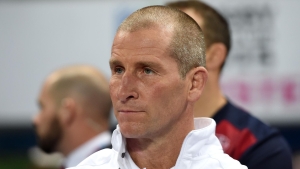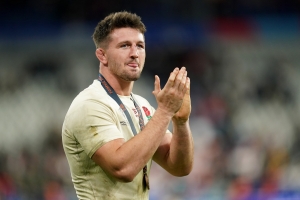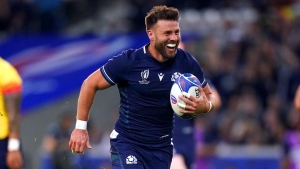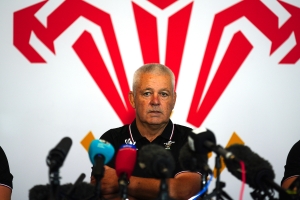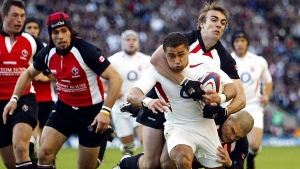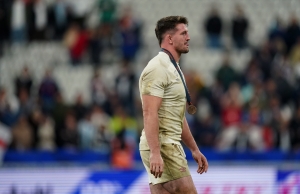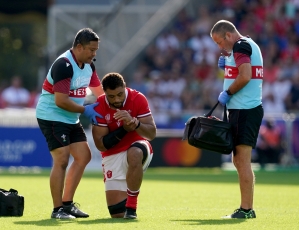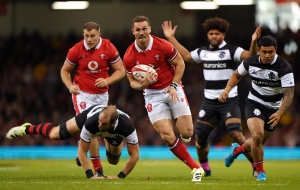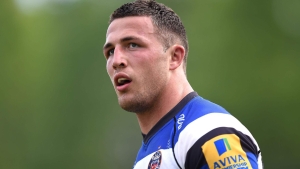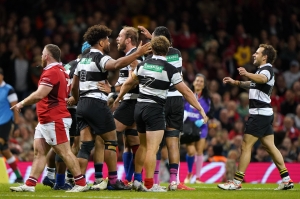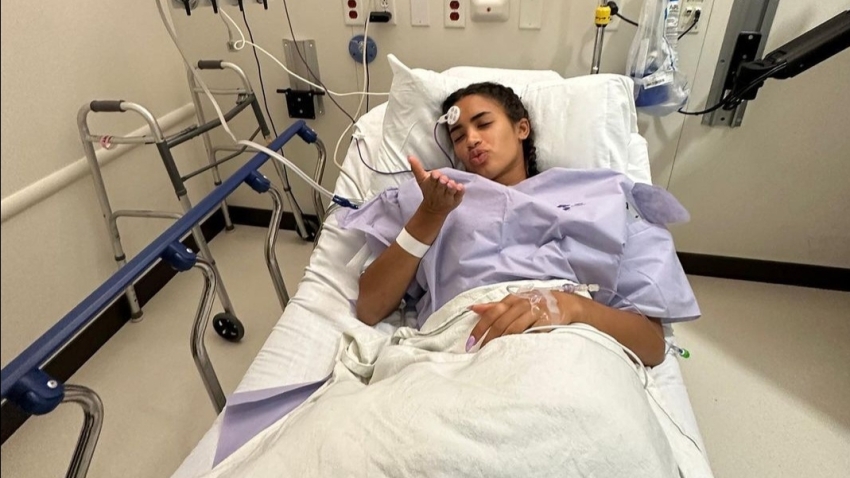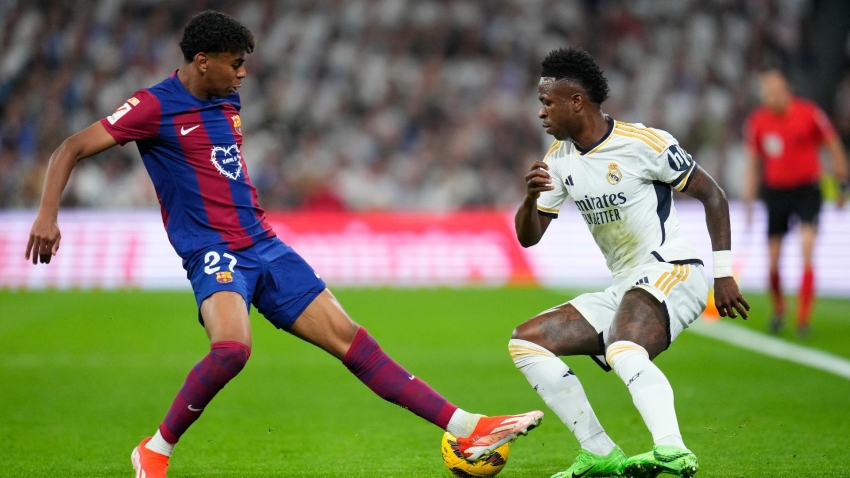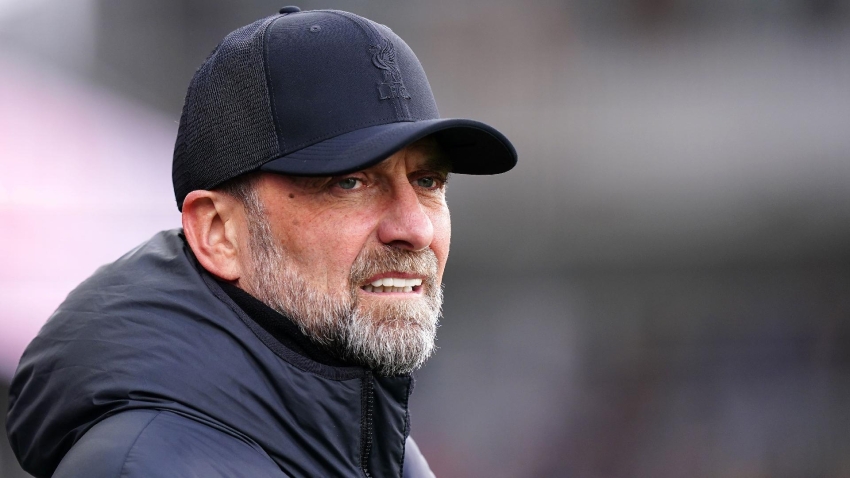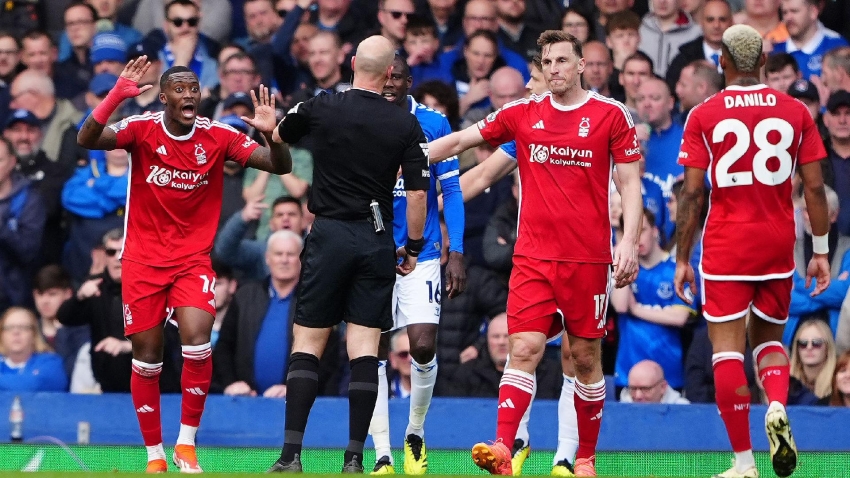The Welsh Rugby Union was an “unforgiving, even vindictive” environment to work in for some of its employees, an independent report has found.
Witnesses interviewed as part of Dame Anne Rafferty’s review of the union reported feelings of powerlessness and fear, with the WRU described in the review’s report as an organisation which was “unsure on its feet”.
The review was launched on February 13, following a BBC programme aired in January which reported allegations of racism, sexism, misogyny and homophobia connected to the WRU.
The union workplace “contained elements of bullying and discrimination” and was experienced as “toxic” by some employees, the Dame Rafferty report found.
The union’s leaders were criticised for “allowing problems to develop” and for having “a tendency to manage the problem rather than the underlying issue”, it said.
The organisation’s former chief executive, Steve Phillips, quit within days of the BBC programme airing, with Abi Tierney’s appointment as his permanent successor confirmed in August. She takes up her role in January.
The review makes 36 recommendations in all, covering governance, complaints handling, the union’s approach to inclusion and diversity and investment in the women’s game.
“For anyone who cares about rugby in Wales it is a very difficult read and it is a particularly difficult read if you work at the WRU,” the organisation’s chair Richard Collier-Keywood said in response to the report.
“It is clear that there were many opportunities to avert the serious problems described which were simply not taken.
“We have a lot of work to do to win back the trust of our colleagues our players, the volunteers who are the heart of our community game, and the supporters that buy tickets week in week out.”
Incoming chief executive Tierney said: “The independent review’s report is incredibly humbling and describes issues, actions and attitudes that are hugely regrettable. They should not exist in our, nor any, workplace.
“Of course, as leaders of the organisation, we will all wholeheartedly condemn the attitudes and issues described but we are equally aware that our response needs to be greater than this.
“We will implement all of the recommendations the Independent Review panel has made. My colleagues have committed to doing this and I commit to doing this too.
“But we will also go deeper than this. We will take what the review has found to heart and not only fix the issues identified but also to build a culture and values that we can all be proud of.”
Well over 50 witnesses or groups of witnesses were interviewed for the 134-page review. Interviewees included past and present players (amateur and professional), senior and junior staff and directors, as well people at professional and amateur clubs.
The panel also met a range of external stakeholders, including sponsors and public bodies.
“The work environment had elements of bullying and discrimination and was experienced as toxic by some employees,” the review states.
“They found working at the WRU stressful, with a sense of powerlessness and even fear. A small number of people were widely perceived as challenging, which tipped into bullying in some departments at some times.”
One witness quoted in the review said: “I don’t know who to trust. I feel like I’m not being 100 per cent true to myself because there are things that I’d want to call out, address or bring up but I felt vulnerable because I don’t trust people.”
The report added: “There were two striking and unusual aspects to this review.
“The first was how many people had experienced great stress from their connection with the WRU.
“We were surprised both by the number experiencing stress, but also by the intensity and duration of their experience. People told us of being burnt out, having anxiety, suffering mental health issues and seeing worse behaviour at the WRU than they had experienced themselves.
“Second, an unusual number worried about the consequences were their identity revealed. Some were players concerned about team selection, but the concern from the majority was that the WRU can be unforgiving, even vindictive.”
The report said failings of governance “were a significant cause of the poor culture” found by the review.
“With better governance, problems would have been identified earlier, resolved more quickly and effectively , and reduced overall,” the report stated.
Examples of the discrimination reported included the sharing of gossip that a female staff member had “slept her way” into her job, use of the phrase “hello sugar t***” and the use of slurs about women in same-sex relationships.
Among the recommendations was a call to become more transparent. It was advised that non-disclosure agreements should only be used for an express purpose, not as a matter of course. The review found NDAs had been “overused” at the WRU.
It also advised that when reports are commissioned they should be published, unless there is particular or agreed reason not to do so.
The WRU was urged to align clearly and publicly with inclusion and diversity. “The WRU’s commitment to inclusion and its opposition to abusive behaviour, exclusion and discrimination need to be unambiguous,” the review said.
It also called for further investment in the women’s and girls’ game, with spending in line with other unions, after the review found it was not “properly supported and developed”.


